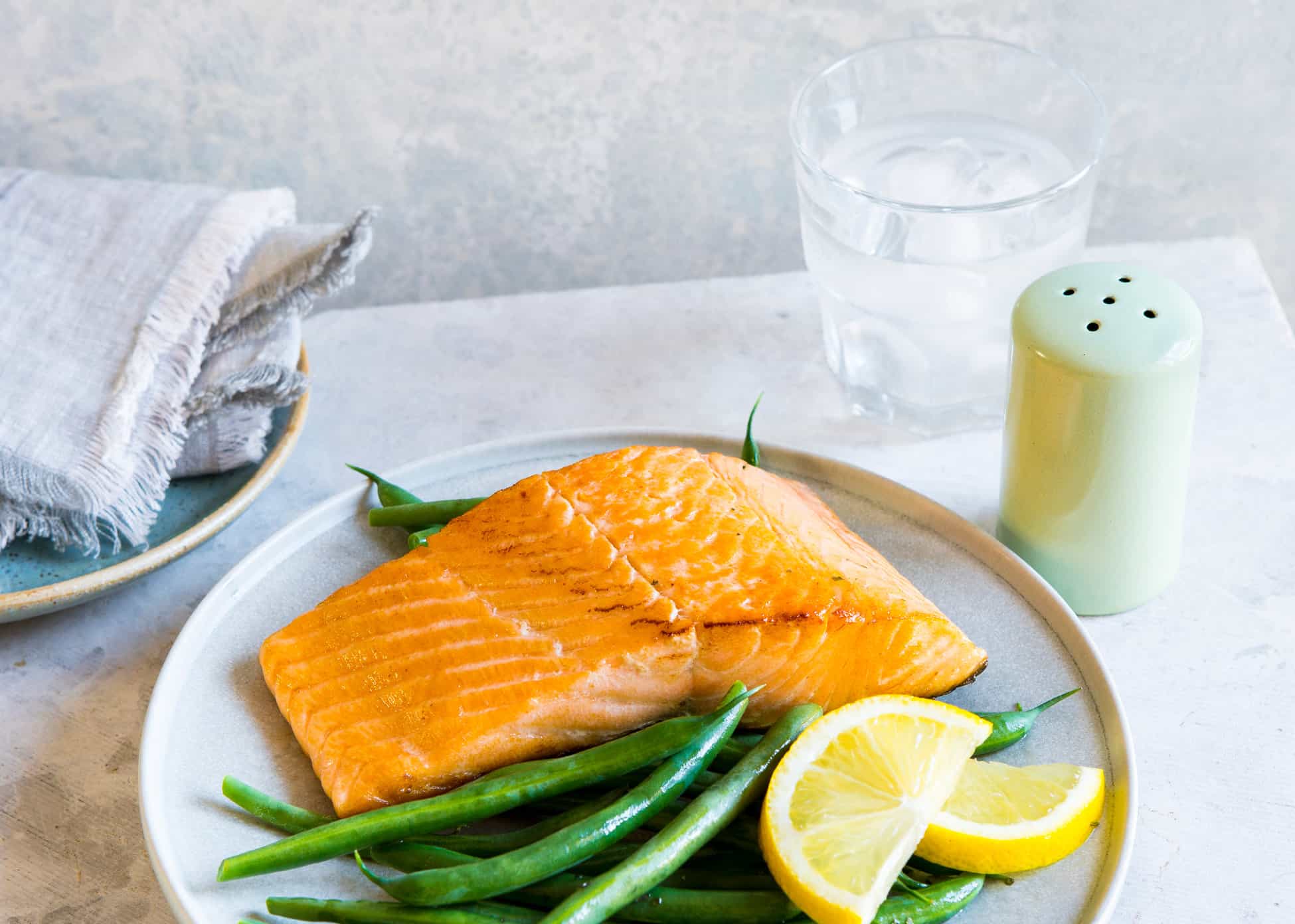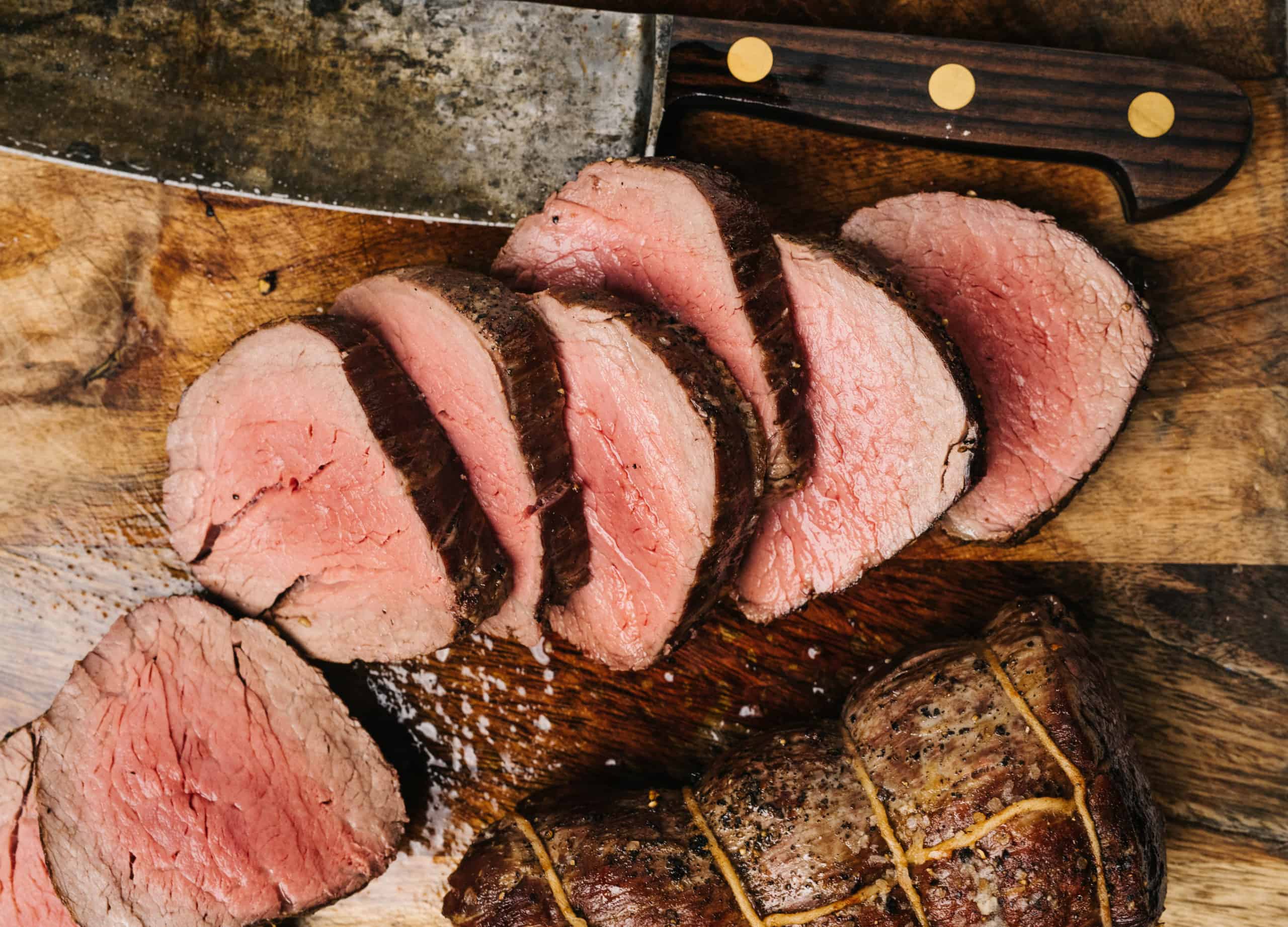- While many do lose weight on the keto diet, it’s not guaranteed.
- Several things might prevent you from losing weight on the keto diet, like eating too many carbs, drinking alcohol, or not sleeping enough.
- Tracking your food intake and shaking up your routine may help you break a keto plateau.
If you’re following the keto diet to lose weight, you’re probably giving up many foods you enjoy. So when weight loss doesn’t happen, it can be frustrating.
We spoke to Emily Rivelli, MA, a registered nutrition and dietetics technician and board-certified health and wellness coach to learn more.
Here are 9 reasons why you may not be losing weight on keto.
Note: Consult a healthcare provider before making any dietary changes.
This is Chapter 4 of Noom's Guide to the Keto Diet:
- Empowering Your Wellness Journey: Exciting Updates to Noom
- The Noom Kitchen Cookbook: Healthy Living Secrets
- What is the ketogenic diet? Everything you need to know
- The ultimate keto food list
- Keto weight loss: FAQs and practical tips
- Not losing weight on keto? Here are 9 reasons why
- Vegetarian keto for beginners
- 67 easy, healthy keto recipes for weight loss
- 10 low-carb keto drinks for worry-free hydration
- Keto for women: Benefits, risks, and practical tips
1. You’re not in ketosis
Ketosis—the goal of the keto diet—is where your body switches from using glucose to fat as its main source of fuel. (In ketosis, your liver makes a chemical called ketones as it breaks down fat.)
Most people can reach ketosis by consuming fewer than 50 grams of carbohydrates per day.
Once you restrict your carb intake enough to reach ketosis, it takes a lot of work to stay there.
“Carbohydrates are the body’s preferred quick energy source,” says Rivelli. “It is very easy for your body to switch back out of ketosis if carbohydrate intake is increased.”
If you’re not sure whether or not you’re in ketosis, you can check your ketone levels using a breath meter, a blood test, or urine test strips, which you can find at most drugstores or online.
2. You’re eating too many carbs
The Dietary Guidelines for Americans recommends that carbohydrates account for 45% to 65% of daily calories. But to stay in ketosis, you need to restrict your carbohydrate intake to 5% to 10% of your daily allotment of calories, which is usually less than 50 grams per day.
Cutting carbs isn’t easy—they’re not just found in bread and pasta. Many whole, nutritious foods are also high in carbohydrates:
Although high-carb fruits and vegetables are rich in nutrients, eating too many can take you out of ketosis.
3. You’re eating too much protein
We often associate the keto diet with eating tons of protein-rich foods, like bacon and steak.
While a healthy amount of protein helps with weight loss—keeping you full and increasing your metabolism—too much can work against your keto goals.
In fact, your body may break down excess proteins into amino acids, which are then converted to sugar. This is called gluconeogenesis.
When this happens, your body reaches for the sugar (glucose)—its preferred source of energy—instead of fat, knocking you out of ketosis.
4. You’re eating too many calories
“If you are looking to lose weight, you will need to be in a calorie deficit,” says Rivelli. “Ketosis alone doesn’t create significant weight loss.”
Sometimes the shift in macronutrient breakdown away from carbs can create a natural calorie deficit, but it’s not automatic. For sustained weight loss, you need to continually burn more calories than you consume.
This can be difficult to achieve on keto (which is, remember, a high-fat diet) because fat has a higher caloric density than carbohydrates—more than twice as high, in fact:
- 1 gram of carbohydrates = 4 calories
- 1 gram of fat = 9 calories
When you replace carbs with fat, you’re doubling your caloric intake, so it’s easy to see how you could actually gain weight on keto rather than lose it.
5. You’re eating too few calories
At the same time, not eating enough calories can also sabotage your weight loss goals (counterintuitive, we know).
“Our bodies are always striving for homeostasis—keeping things to the status quo on the biological level,” Rivelli says.
“So, after the body adapts to this new way of eating and the biological and metabolic shifts, weight loss can become harder.”
This phenomenon is called adaptive thermogenesis.
Even on the keto diet, it’s important to stay within a healthy calorie range to lose weight in a safe and sustainable way.
6. You’re not eating nutrient-dense food
Keto weight loss isn’t as simple as restricting carbs and increasing your fat intake.
Your body won’t get the nutrients it needs if you simply replace carbohydrates with butter and bacon. And a lot of those “keto-approved” snacks you’ll find at grocery stores are often ultra-processed and don’t have a lot of nutrients.
By all means, enjoy a keto-friendly cupcake now and then. But an avocado, which is packed with healthy fats and other nutrients, will keep you feeling full for longer.
7. You’re drinking too many carbs (or calories)
Another reason you might not be losing weight on keto is because of drinking alcohol.
Many alcoholic beverages (looking at you, beer and wine) are high in carbohydrates, so they don’t fit into most keto diets. Compared to other drinks, alcoholic drinks are also calorie-dense, which means you’re taking in a lot of calories relative to their weight or volume:
- 1 5-ounce glass of red wine = 120 calories, 4 grams of carbs
- 1 bottle of light beer = 104 calories, 6 grams of carbs
Most hard liquors—like vodka, gin, and rum—have fewer carbohydrates, so they may technically fit into a keto lifestyle. However, they also have around 100 empty calories per serving.
8. You’re too stressed
Do you find yourself reaching for more calorie-dense, less-nutritious comfort foods after a stressful day? You’re not alone.
Too much stress can sabotage weight loss on keto.
When you’re under stress, your body releases a hormone called cortisol, which can increase your appetite and cravings for fatty, salty, or sweet foods that can contribute to weight gain (and even take you out of ketosis).
Cortisol can also trigger your fight-or-flight mode and slow down your metabolism, which is good for protecting you from perceived danger, but not especially helpful for weight loss.
9. You’re not sleeping enough
Studies have long suggested a connection between lack of sleep and weight gain.
Scientists are still studying the relationship between the two, but there are a few likely contributing factors.
When you don’t get enough sleep (average of 7 hours or more), you’re more likely to feel fatigued or mentally foggy.
This can lead you to make less-than-healthy choices, for example, about what to eat—or whether you really feel like going to the gym. (One small study suggests lack of sleep can even increase your appetite.)
A lack of sleep can also interfere with your circadian rhythms (what we call the “internal clock”), which influences our eating habits and digestion.
Another explanation could simply be that the less time you spend sleeping, the longer your eating window.
What should I do if I hit a plateau on keto?
Not losing weight, or getting stuck in a weight-loss plateau is frustrating, but common—even on keto.
If you hit a keto stall (two or more weeks without losing weight), here are some things you can do.
Don’t give up on your goals
When the scale stops moving, your first instinct might be to say, “Well, this clearly isn’t working, might as well stop torturing myself,” and head for the nearest drive-thru.
Just because you’re not seeing progress on the scale doesn’t mean you’re not making any.
There are lots of other ways to measure success, like increased energy, healthier eating habits, or better-fitting clothes.
Also, keto isn’t for everyone—it may just not be a good fit for you. If you’re struggling and miserable on the keto diet, you may want to reassess, or talk to your healthcare provider about other weight loss strategies.
Track your food
If you haven’t been logging your food intake (lots of people on the keto diet don’t), now is a good time to start.
When you monitor your food intake, you start to see:
- How many calories you’re actually consuming
- Which foods offer the most nutrients vs. calories
- What a proper portion size looks like
Tracking your meals helps you be more mindful about what you eat and when, which can help restart your weight loss. It can also help you establish healthier eating habits.
A weight loss tracker app can make food tracking easy by calculating your caloric needs and then adding up the calories you’ve consumed as you log your meals.
Change up your routine
When you’re on a restrictive, low-carb diet like keto, you might find yourself eating the same foods over and over. That can get boring fast and lead to mindless eating (and overeating).
“Get out of your typical routine and try new keto foods and recipes,” says Rivelli. (Check out over 60 delicious keto weight loss recipes.)
If you’re not someone who exercises regularly, begin adding more movement into your day. You can start by walking a few minutes a day, or look for ways to add joyful movement to your day, like playing pickleball or taking up yoga.
Incorporating more physical activity into your day can also help you manage stress levels and improve the quality of your sleep.
If you’re already active, you can try upping the intensity level (like adding an extra half mile onto your jog or opting for that 45-minute cycling class). A new form of exercise might also help break your weight-loss plateau.
Not losing weight on keto? Noom can help
At Noom, we don’t endorse restrictive diets like keto, but we understand that people may have good reasons for different eating styles.
We also know that weight loss can be challenging, whatever strategy you follow.
That’s why our program is designed to help you recognize the behaviors that prevent you from losing weight and create positive, sustainable habits for the long term.
And our food tracking and color system enable you to choose nutritious foods that keep you from feeling hungry or deprived.
Find out how Noom works with the keto diet.




